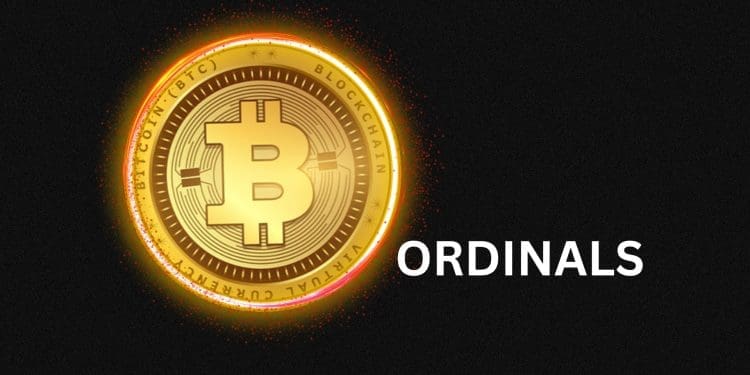- Bitcoin network fees have surged due to increased activity from the recent crypto price rally and rising popularity of NFTs.
- More people using bitcoin to buy, sell, and trade NFTs leads to more transactions and competition for limited block space, driving up average fees.
- Growth of the broader crypto market including DeFi and stablecoins also contributing to increased blockchain activity and demand for transacting.
The recent crypto price rally has led to a surge in Bitcoin network fees as activity on the blockchain spikes. This is partly driven by the increasing popularity of NFTs (non-fungible tokens), which are frequently bought and sold using cryptocurrencies like bitcoin and ether. As more people use the bitcoin network, fees for sending transactions inevitably rise.
Bitcoin Network Fees
Bitcoin runs on a decentralized blockchain that requires miners to process and validate all transactions that occur. For this service, miners collect fees from each transaction they help facilitate. When transaction volume is high, limited block space leads to a bidding war among users to get their transactions confirmed quickly. This drives up the average transaction fee on the network.
NFT Growth Fueling Crypto Demand
NFTs are digital assets that represent ownership of unique virtual items like art, collectibles, and in-game items. They are minted and traded through cryptocurrency, with Ethereum being the most popular blockchain for NFT projects. The NFT market surged in 2021 and remains popular. As people buy and sell NFTs, they drive more transactions and fees on networks like Ethereum.
Some Key Factors
The recent crypto price rally after a prolonged bear market has renewed interest and activity in the space more broadly. This is increasing demand for transacting and exchanging both cryptocurrencies and NFTs. Limited block space on networks like Bitcoin and Ethereum leads to congestion and higher fees when usage rises. The growth of DeFi and stablecoins are other factors contributing to more blockchain activity.
Conclusion
Increased crypto adoption and blockchain activity driven by trends like NFTs and the recent crypto price rally have caused Bitcoin network fees to surge. This shows the high demand for transacting on the blockchain as usage continues to grow. It will be important to monitor how blockchain networks scale over time to handle higher transaction volumes and users.














